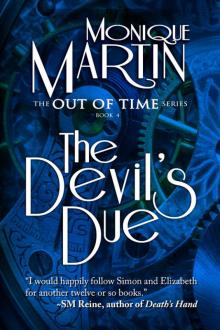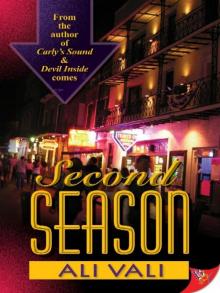- Home
Page 2
Page 2
 Double-Crossed
Double-Crossed Stormy Seas
Stormy Seas Answering the Call
Answering the Call The Devil's Due
The Devil's Due Battle of Forces
Battle of Forces The Devil Inside
The Devil Inside The Dragon Tree Legacy
The Dragon Tree Legacy How Do You Mend A Broken Heart
How Do You Mend A Broken Heart Heart of the Devil
Heart of the Devil All it Took Was You
All it Took Was You The Romance Vote
The Romance Vote The Inheritance
The Inheritance Girls With Guns
Girls With Guns Balance of Forces
Balance of Forces The Cain Casey Series
The Cain Casey Series Beneath the Waves
Beneath the Waves The Devil Be Damned
The Devil Be Damned The Devil Unleashed
The Devil Unleashed Second Season
Second Season Deal with the Devil
Deal with the Devil Battle of Forces: Sera Toujours
Battle of Forces: Sera Toujours Blue Skies
Blue Skies Tree Huggers, Children and Broken Decoys
Tree Huggers, Children and Broken Decoys Bell of the Mist
Bell of the Mist The Devil's Orchard
The Devil's Orchard Force of Fire
Force of Fire